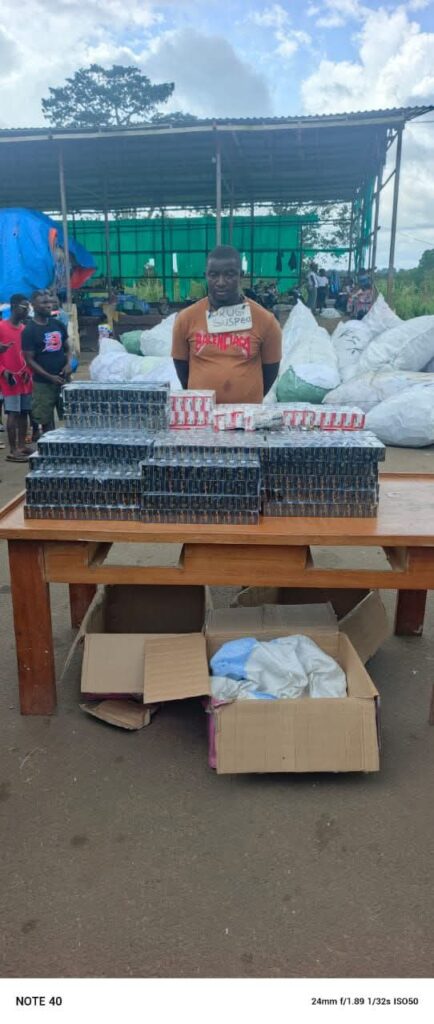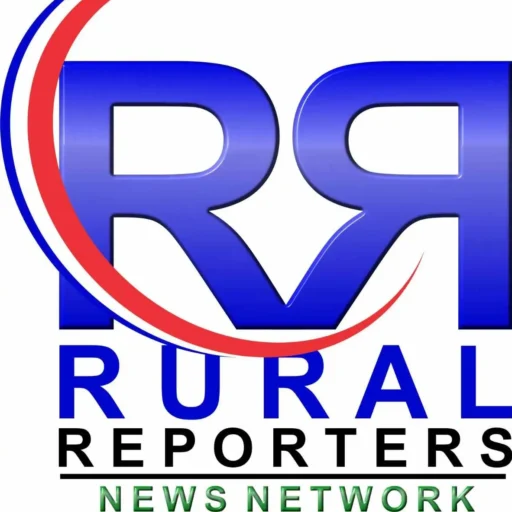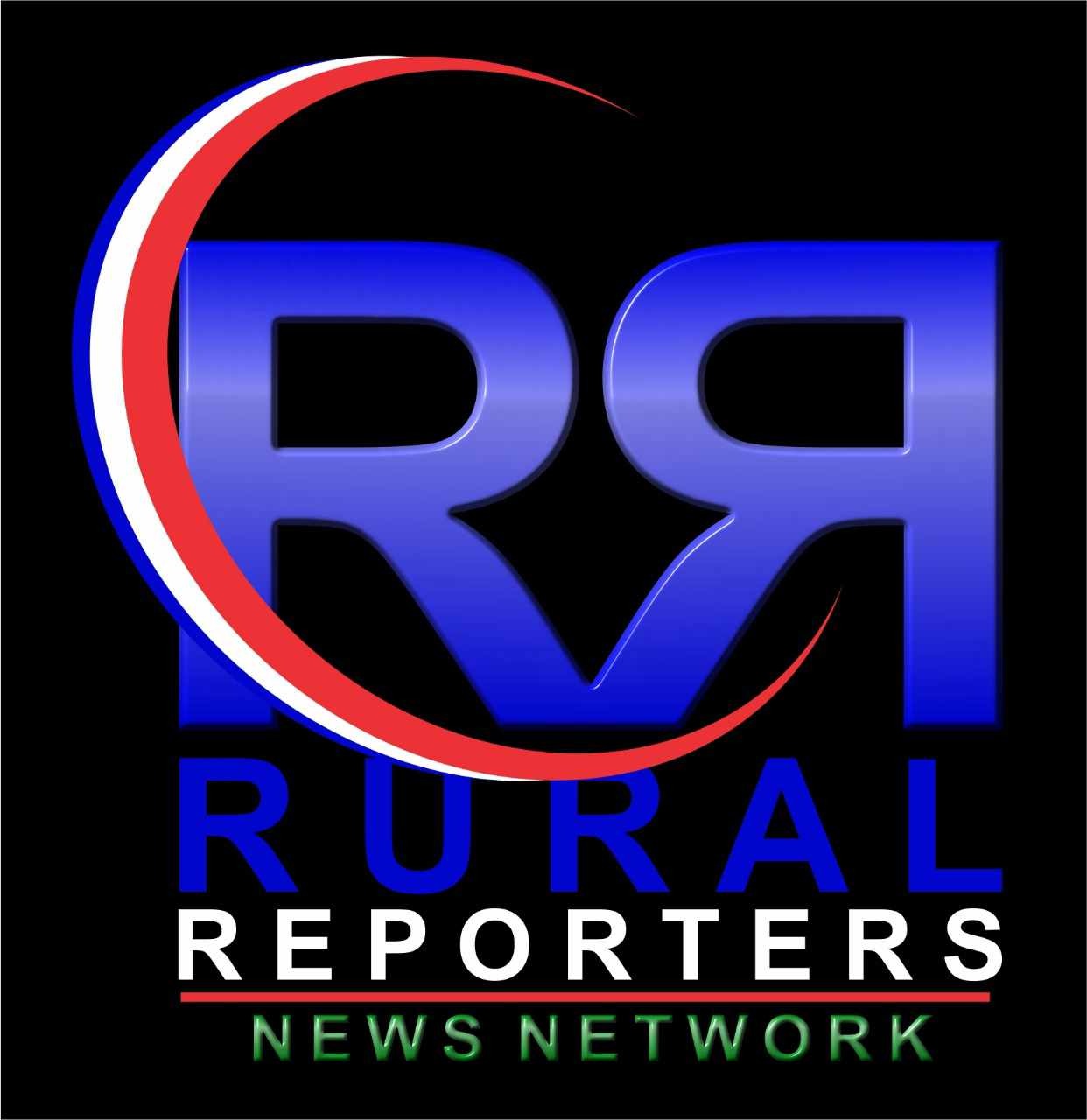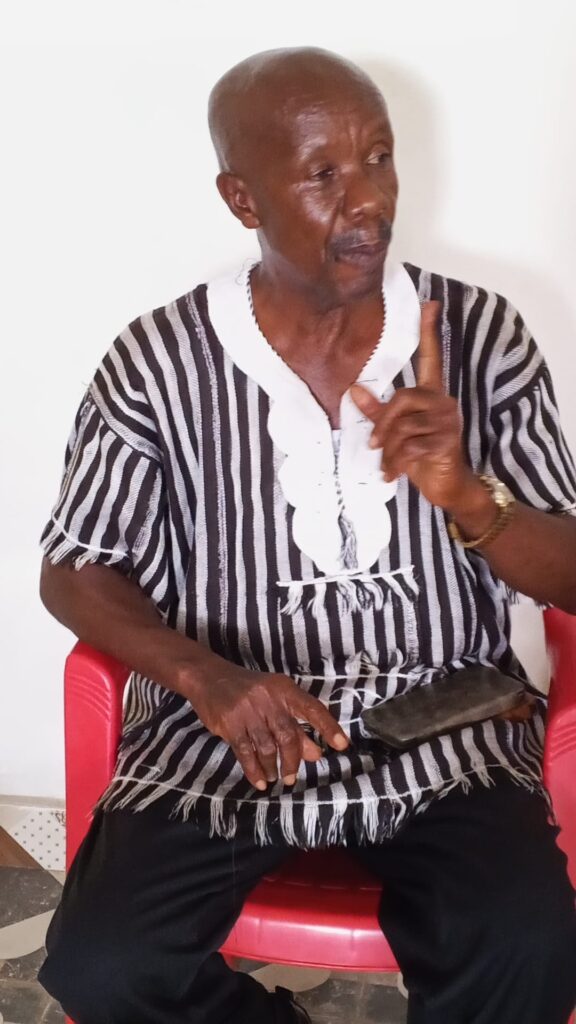By Ernest Kpehe Moibah | Bomi County Correspondent
As Liberia prepares to assume its historic seat on the United Nations Security Council in January 2026, a sobering warning has emerged from the country’s western border—a region increasingly marred by illegal mining, cross-border infiltration, and drug trafficking.
The Superintendent of Grand Cape Mount County, Foley Kiatamba, has sounded a serious alarm over what he described as “growing cross-border illegalities,” calling for urgent government intervention to strengthen security operations and border surveillance across the western corridor.
Speaking recently during a national security coordination meeting in Tubmanburg, Bomi County, Superintendent Kiatamba described Grand Cape Mount County as one of the most vulnerable entry points in Liberia with porous land and water borders providing easy access for smugglers, illegal miners, and unregistered foreign nationals.
“The presence of these non-Liberians deep in our forests and along our border towns raises serious national security concerns,” Kiatamba warned. “We cannot continue to allow people to exploit our land illegally while undermining our national sovereignty and endangering our communities.”
Illegal Mining, Drugs, and a Weak Border System
According to Superintendent Kiatamba, intelligence gathered from local security units and traditional leaders’ points to a disturbing trend: the movement of foreign nationals involved in illegal gold mining in Grand Cape Mount’s forest belts, coupled with a sharp increase in drug trafficking through informal crossing routes.
Local reports also link these operations to a wider shadow economy thriving along the Liberia–Sierra Leone border, where smuggling networks are allegedly using poorly monitored routes to transport illicit goods, including narcotics.
Recent incidents at the Bo Waterside Point of Entry, one of Liberia’s key border crossings, underscore the gravity of the threat. Several individuals have been arrested in recent weeks for illegal drug possession and trafficking, including substances believed to be Kush, Tramadol, and marijuana.
Security officers assigned to the area disclosed that traffickers are exploiting weak border control systems and limited logistical support for local law enforcement.
“Our officers are doing their best, but without proper equipment and mobility, we are fighting a losing battle,” a senior security source in Bo Waterside told this reporter on condition of anonymity. “These criminals are well-coordinated and operate with impunity.”

A Call for Swift and Coordinated Action
Superintendent Kiatamba revealed plans to convene a crisis meeting involving traditional leaders, community watch groups, and local security agencies to launch a coordinated operation targeting illegal miners and foreign infiltrators operating within forest zones.
He emphasized the need for community intelligence sharing, improved inter-agency cooperation, and increased logistical support for border security units.
“We must act now — together — before this situation grows beyond our control,” he urged. “Our communities must become partners in security, not just spectators.”
National Security Implications
Observers and security analysts have described Kiatamba’s warning as timely and deeply concerning, particularly as Liberia prepares to take its seat on the UN Security Council, a position that symbolizes international confidence in the country’s peace and governance progress.
However, they warn that weak border management, rising narcotics trafficking, and illegal mining could undermine national stability and tarnish Liberia’s global image at a crucial time.
“For Liberia to stand tall on the world stage, it must first secure its foundations at home,” Kiatamba cautioned. “That means strengthening our borders, empowering our local security forces, and ensuring that those who exploit our laws face justice.”
A Reminder of the Stakes
As Liberia counts down to January 2026, the situation in Grand Cape Mount and along the Bo Waterside frontier serves as a sobering reminder: national sovereignty is not only defended in conference halls or diplomatic chambers — it is protected in the forests, river crossings, and communities that mark the nation’s fragile edges.
Superintendent Kiatamba’s message rings clear and urgent: if Liberia is to lead in global peace and security, it must first secure its own borders, protect its people, and confront the growing wave of cross-border crimes threatening its future.



